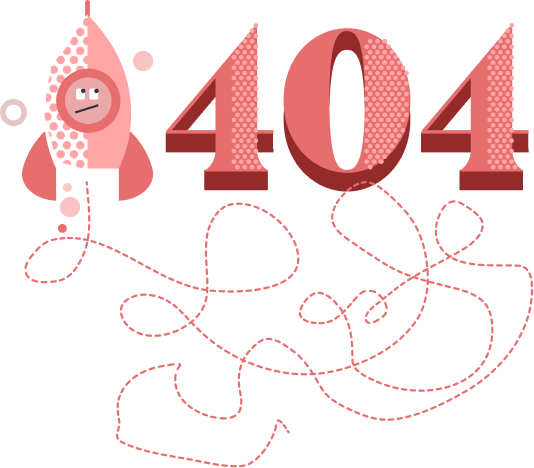EDITION →
Global
•
USA
•
UK
•
AUNZ
•
CANADA
•
IRELAND
•
FRANCE
•
GERMANY
•
ASIA
•
EUROPE
•
LATAM
•
MEA

Oops, It Seems You've Lost Your Way!
Looks like you've ventured into uncharted territory. The page you were searching for has mysteriously disappeared.
SUBSCRIBE TO LBB’S newsletter
v2.25.1







